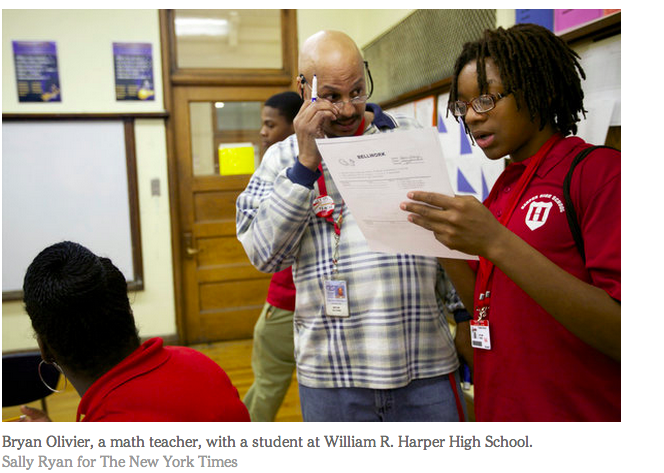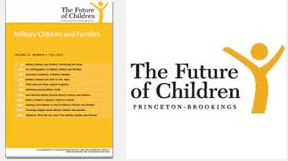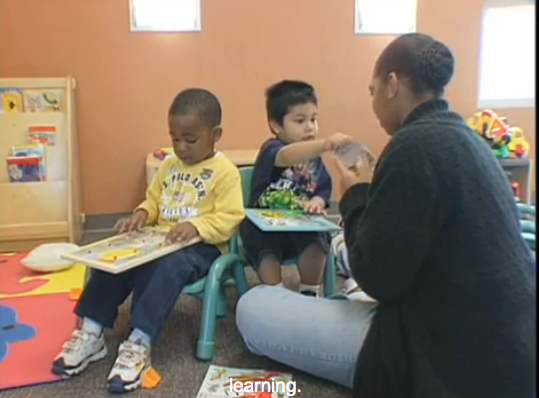Intensive Small-Group Tutoring and Counseling Helps Struggling Students
Editors Note: This is a very encouraging study, summarized in the New York Times, about the power of tutors and mentors to help struggling students. CHICAGO — By the time they reach eighth grade, according to federal tests, half of all African-American schoolboys have not mastered the most basic math skills that educators consider essential […]










